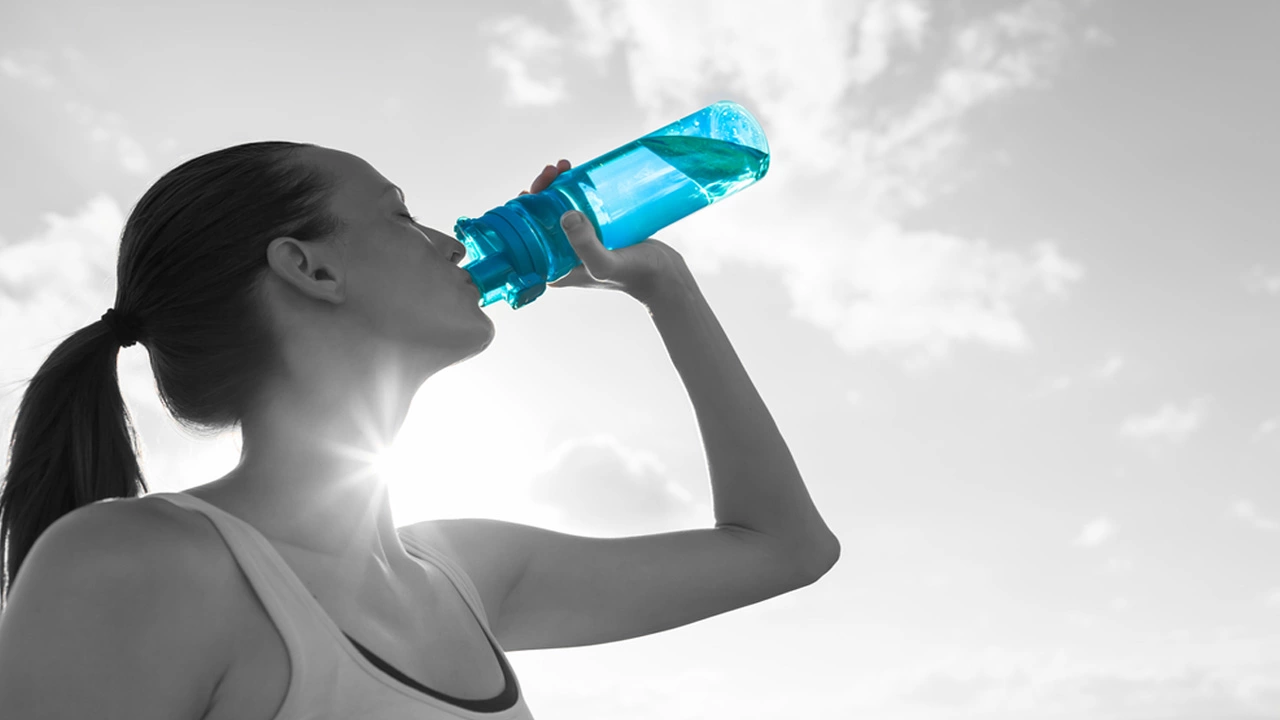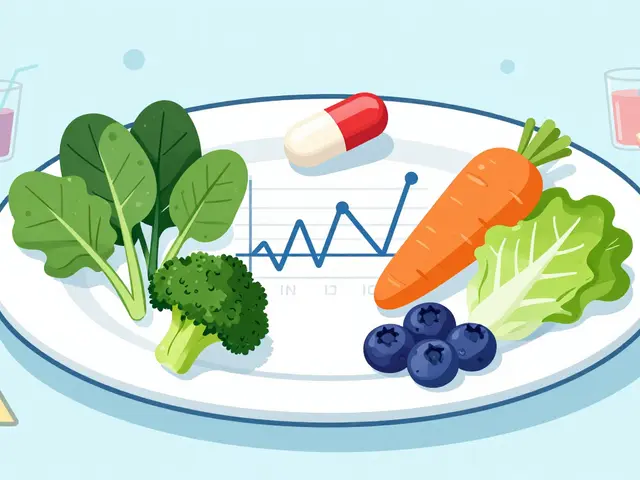Hydration: Why It Matters and How to Stay Properly Hydrated
Water runs every process in your body — digestion, temperature control, joint cushioning, and helping medications work right. Losing even a few percent of your body water affects focus, mood, and energy. You don’t need to obsess over bottles, but knowing simple rules keeps you functioning better every day.
Aim to replace fluids you lose. Sweat, urine, breathing, and bowel movements all remove water. A quick way to check: your urine. Pale straw color usually means okay; dark yellow often means drink more. Thirst is useful but lagging — older adults and people on certain meds may not feel thirsty even when low on fluids.
Practical hydration habits
Carry a reusable bottle and sip regularly rather than gulping large amounts at once. Drink a glass with each meal and another before and after exercise. If you exercise hard, sweat a lot, or spend time in heat, add an electrolyte drink or a pinch of salt and some juice to water. Caffeinated drinks and tea count toward your total, but they can mildly increase urine output; balance them with plain water.
Hydration and medications
Some medicines change fluid balance. Diuretics like furosemide increase urine and can cause low sodium or potassium — which affects heart rhythm and energy. Fever reducers can reduce sweating, but illnesses that cause vomiting or diarrhea create big fluid loss. Antidepressants, antihistamines, and blood pressure meds also affect hydration in different ways. If you take prescription drugs, ask your prescriber how they affect your fluid needs and whether you need electrolyte monitoring.
When rehydrating after illness or heavy sweating, use oral rehydration solutions or make one: mix six teaspoons of sugar and half a teaspoon of salt in one liter of clean water. Sports drinks work for short sessions of heavy exercise but can be high in sugar. For mild dehydration, frequent sips of water plus salty snacks can be enough.
Watch vulnerable people closely. Babies lose water quickly and need formula or breast milk on schedule. Older adults and people with heart, kidney, or liver disease may need tailored fluid plans — too much water can be dangerous in some conditions. If someone is dizzy, has very low urine output, extreme dry mouth, or confusion, seek medical help.
Simple tracking helps: note color of urine, count cups per day, and set phone reminders if you forget. Flavor water with lemon, cucumber, or berries if plain water bores you. Eat water-rich foods like melons, cucumbers, tomatoes, and soups. These add hydration and nutrients without extra effort.
Hydration isn’t a one-size-fits-all number. Body size, climate, activity, meds, and health conditions change needs. Use practical checks, adjust habits, and ask clinicians when in doubt. Small, consistent changes to how you drink can avoid headaches, fatigue, and worse. Stay steady, sip often, and pay attention to what your body tells you.
If you travel, pack a refillable bottle, check local water safety, and plan electrolyte packets for long flights. Airports and hot climates can dehydrate you faster than you expect, so carry effervescent tablets.





